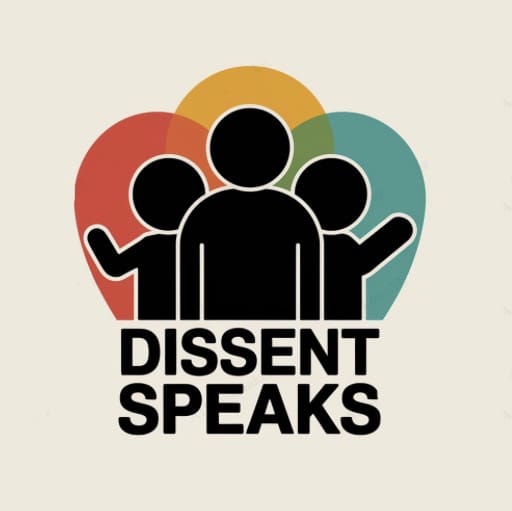In a move that raises significant constitutional questions, North Dakota legislators have introduced House Concurrent Resolution 3020, which calls for the state to “acknowledge the Kingship of Jesus Christ.” The resolution, sponsored by Representatives Rios, Christianson, Henderson, and others, represents an unprecedented attempt to formally recognize religious authority in state governance.
The Resolution’s Core Claims
The resolution draws heavily on biblical passages to assert Christ’s authority over civil and political affairs. It cites Matthew 28:18, Daniel 7:14, and various verses from Revelation to argue for divine sovereignty over state matters. The sponsors reference North Dakota’s constitutional preamble and historical statements from the First Constitutional Convention to suggest historical precedent for their position.
Constitutional Concerns
Legal experts are likely to view this resolution as problematic under the First Amendment’s Establishment Clause. While the resolution’s sponsors frame it as a return to traditional values, it effectively promotes a specific religious doctrine in state governance—precisely what the Constitution’s framers sought to prevent.
The resolution’s timing in 2025 appears strategic, emerging during a period of intensified cultural and political division. Its introduction raises questions about whether it represents an attempt to normalize religious-based governance before secular opposition can mobilize.
Impact on Religious Pluralism
The resolution’s implications extend far beyond symbolic recognition. By promoting one religious framework as the foundation for state authority, it potentially marginalizes North Dakota’s religious minorities, secular citizens, and even Christians who interpret scripture differently. The text’s assertion that “all people, tribes and tongues shall serve Him” raises particular concerns about religious coercion and civil rights.
Economic and Social Consequences
Business leaders may worry about the resolution’s effect on North Dakota’s economic climate. States that blur the line between religious doctrine and civil authority often face challenges attracting diverse talent and investment. Companies increasingly prioritize locations that demonstrate commitment to pluralism and equal treatment under law.
Behind the Resolution
The measure’s sponsors represent a particular political and ideological perspective within North Dakota’s legislature. Their effort to interweave religious authority with state power reflects a broader national pattern of challenges to the separation of church and state. The resolution’s directive to forward copies to federal officials suggests ambitions beyond state borders.
Historical Context
Similar attempts to merge religious and civil authority have historically led to social division and discrimination. The resolution’s promise of “real liberty, well-ordered discipline, peace, and harmony” through religious acknowledgment echoes historical instances where religious mandate was used to justify limitations on civil liberties.
Looking Forward
While HCR 3020 is technically non-binding, its potential to influence future policy decisions warrants careful scrutiny. The resolution could serve as groundwork for more substantive measures that further erode the boundary between religious doctrine and state authority.
Civil rights organizations will likely monitor how this resolution might affect policy areas such as education, healthcare, and public services. The measure’s constitutional vulnerability suggests possible legal challenges ahead.
Conclusion
House Concurrent Resolution 3020 represents more than a symbolic gesture—it signals a concerning shift toward religious authority in state governance. While its sponsors present it as a path to social harmony, historical evidence and constitutional principles suggest it could instead undermine the pluralistic foundation of American democracy. As this resolution moves through North Dakota’s legislative process, its implications for religious freedom, civil rights, and democratic governance demand careful consideration.
This article draws from legislative documents, constitutional scholarship, and historical analysis. The public is encouraged to engage with their representatives and participate in discussions about the appropriate relationship between religious belief and state authority in a diverse democratic society.

